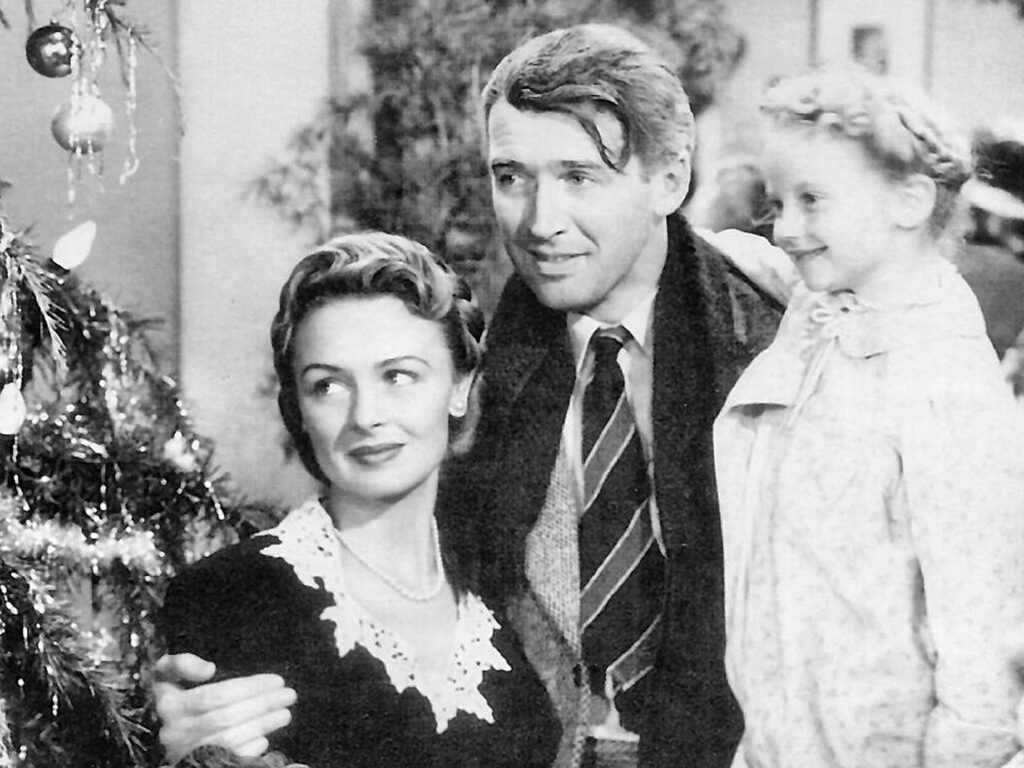
What if George Bailey jumped from the bridge?
What if he truly believed that his life held no value and that he was only worth the money from his life insurance . . . and the angel never showed up?
What if we allowed fear to dictate our choices and convince us that our problems are too great that what we do doesn’t matter?
With all the chaos and conflict in the world, it’s hard to see any light at the end of a long tunnel.
I want to believe that change is possible. I want to believe that we believe in compassion. Right now, however, compassion, understanding, and hope are knocking on the door, and no one seems interested in answering. Many of us have withdrawn into the self-imposed isolation of cynicism, cutting ourselves off from the potential for fellowship and restoration.
The Greek Stoic philosopher, Epictetus observes, “It’s not what happens to you, but how you react to it that matters.”
Epictetus knew that life can be unpredictable. We can’t control what happens around us, but we do have control over how we respond. When we focus on what we can change—our thoughts, feelings, and actions—we take back control. Challenges aren’t roadblocks. They make us reassess. Obstacles push us out of our comfort zones and spark creativity and strength. Instead of thinking, “Why is this happening to me?,” Epictetus suggests we ask, “What can I do now?” Changing our thinking like this helps reduce anxiety and fear and opens us up to solutions.
Adopting this attitude isn’t easy. It sure isn’t for me. It’s natural to feel overwhelmed, even fearful, but the more we practice looking at the issue from a different perspective, the stronger and more resilient we become.
In today’s world, where things are constantly changing, Epictetus’s advice still holds true. By focusing on how we react, we find the strength and clarity to get through tough times.
George Bailey faced overwhelming problems but ultimately discovered his true worth. We can turn our struggles into a new pathway, one that demonstrates not only hope but the spirit for a better future for ourselves. The key isn’t changing what happens to us, but how we respond. We can find the courage to answer when hope calls, guiding us through our darkest moments.
Comments
Leave a Comment
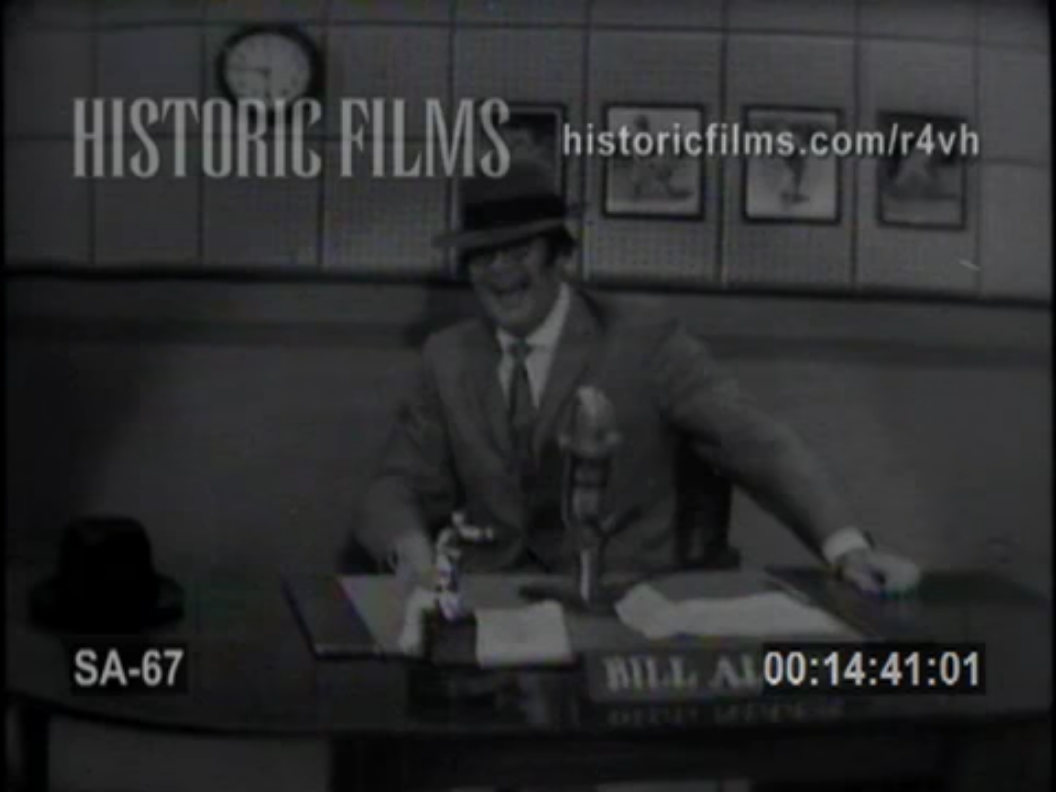
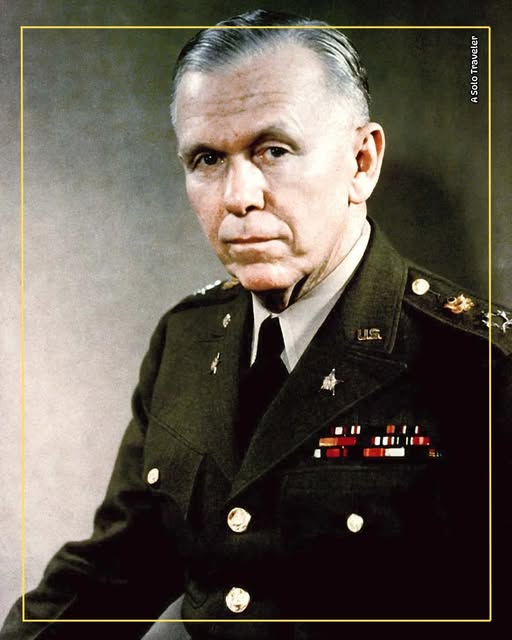
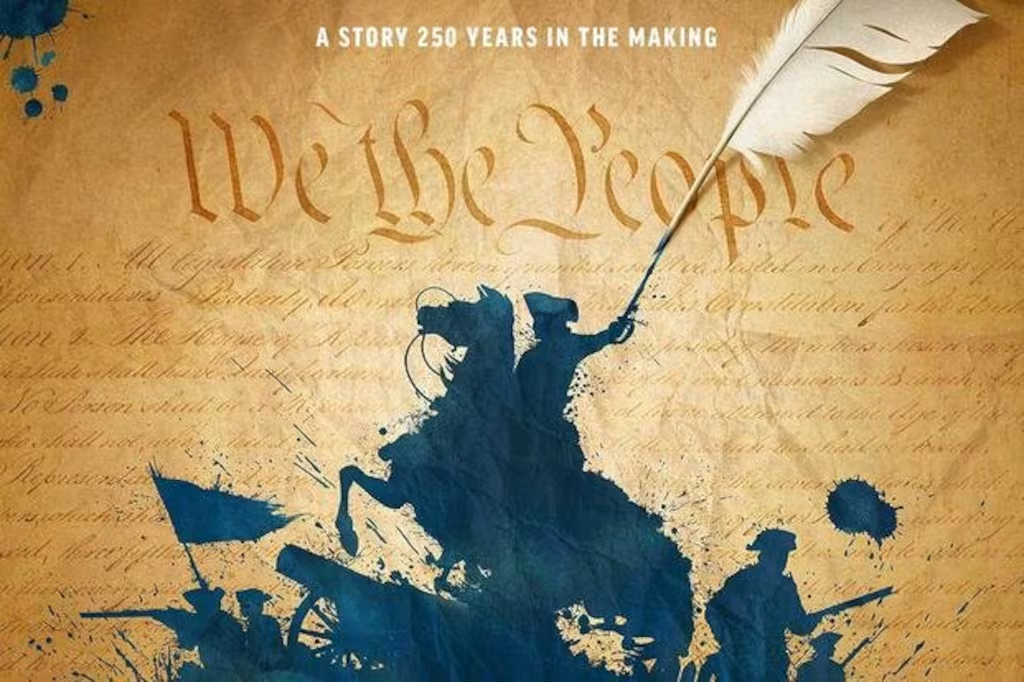


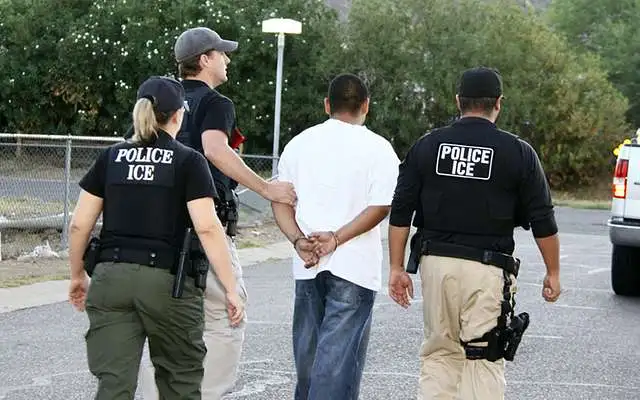
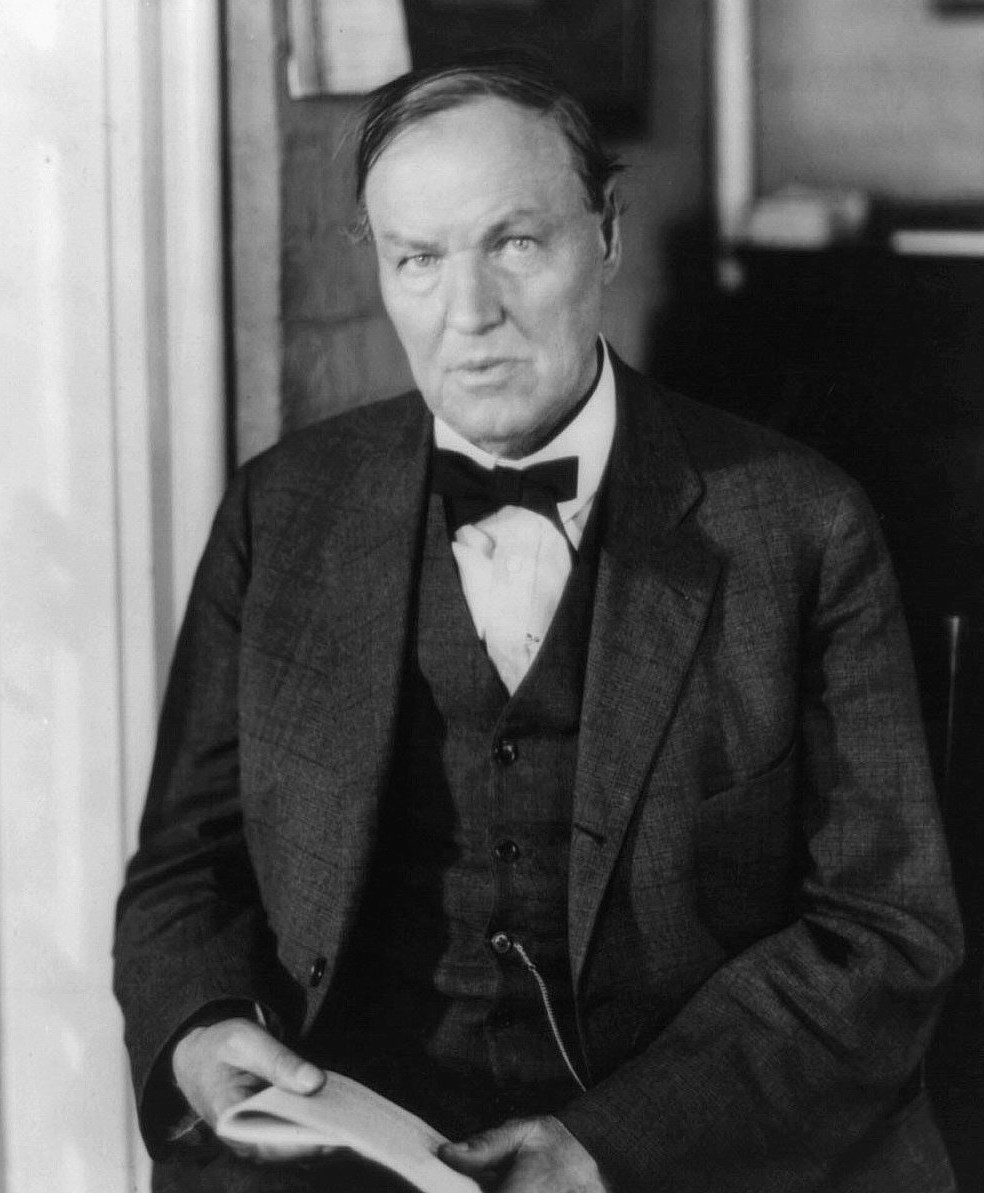
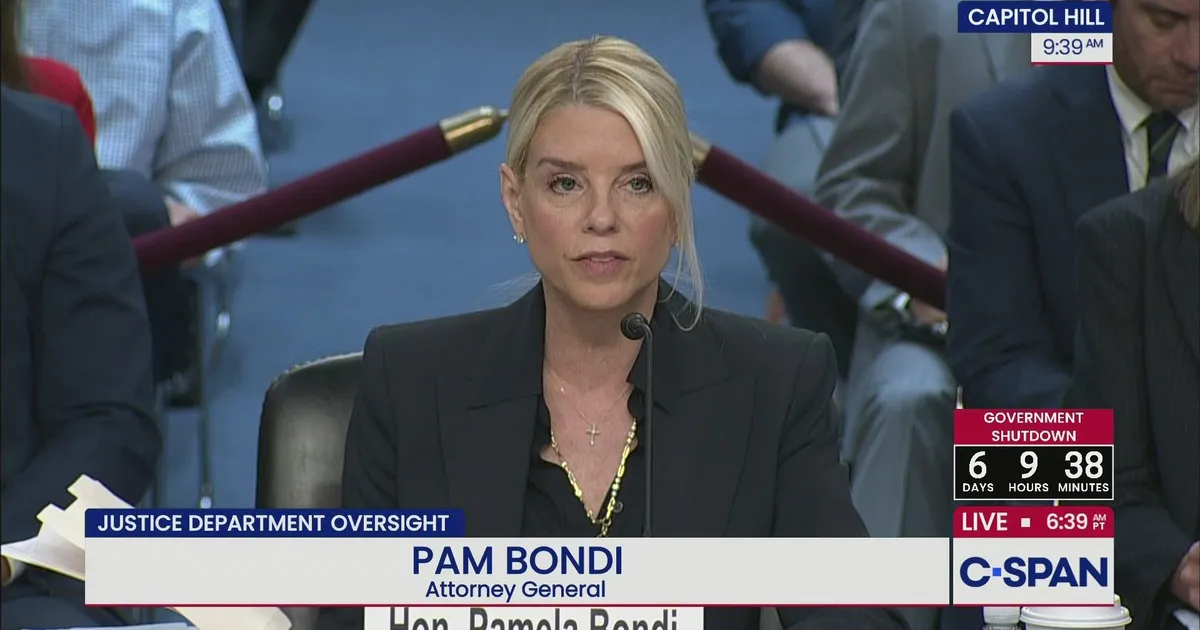
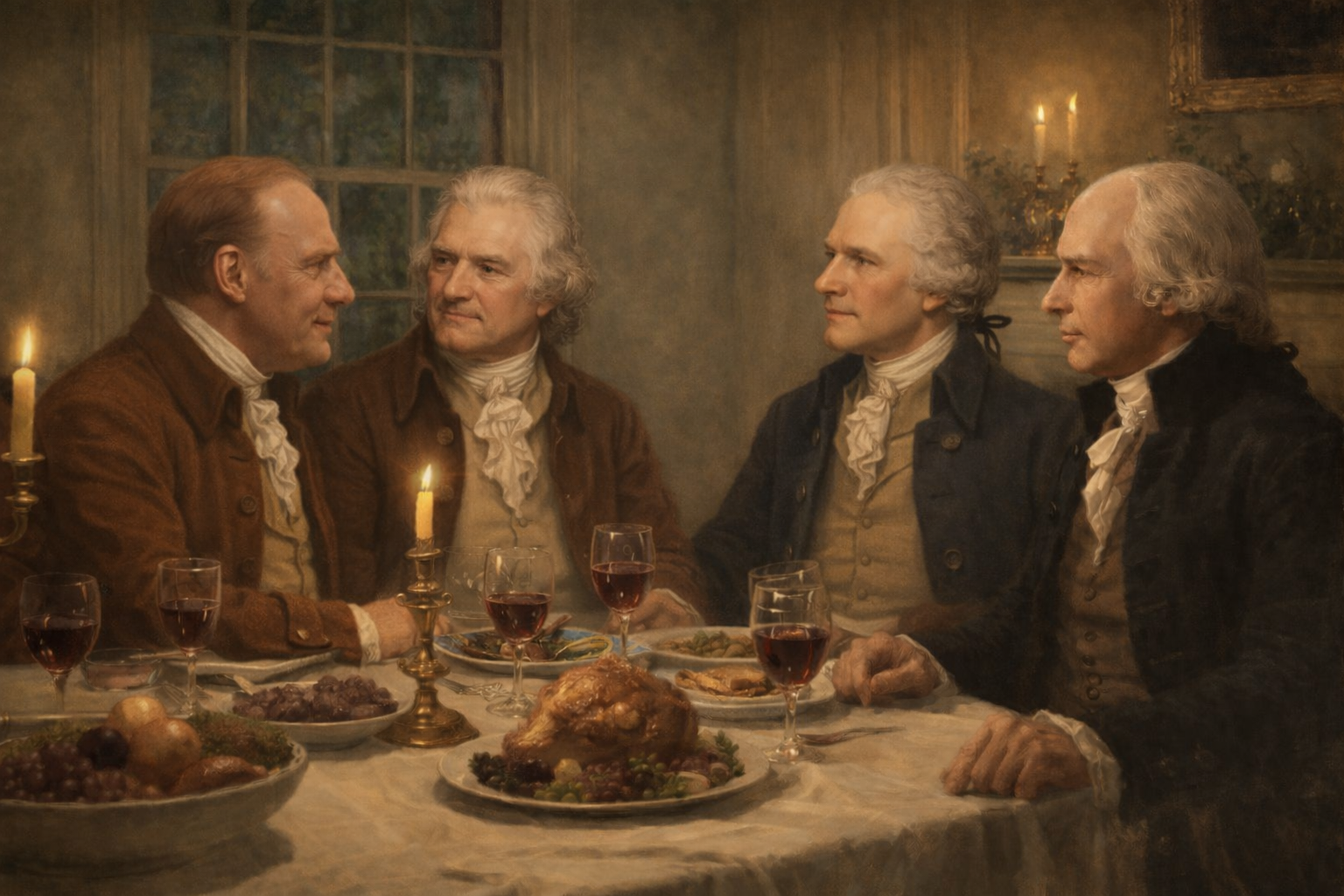
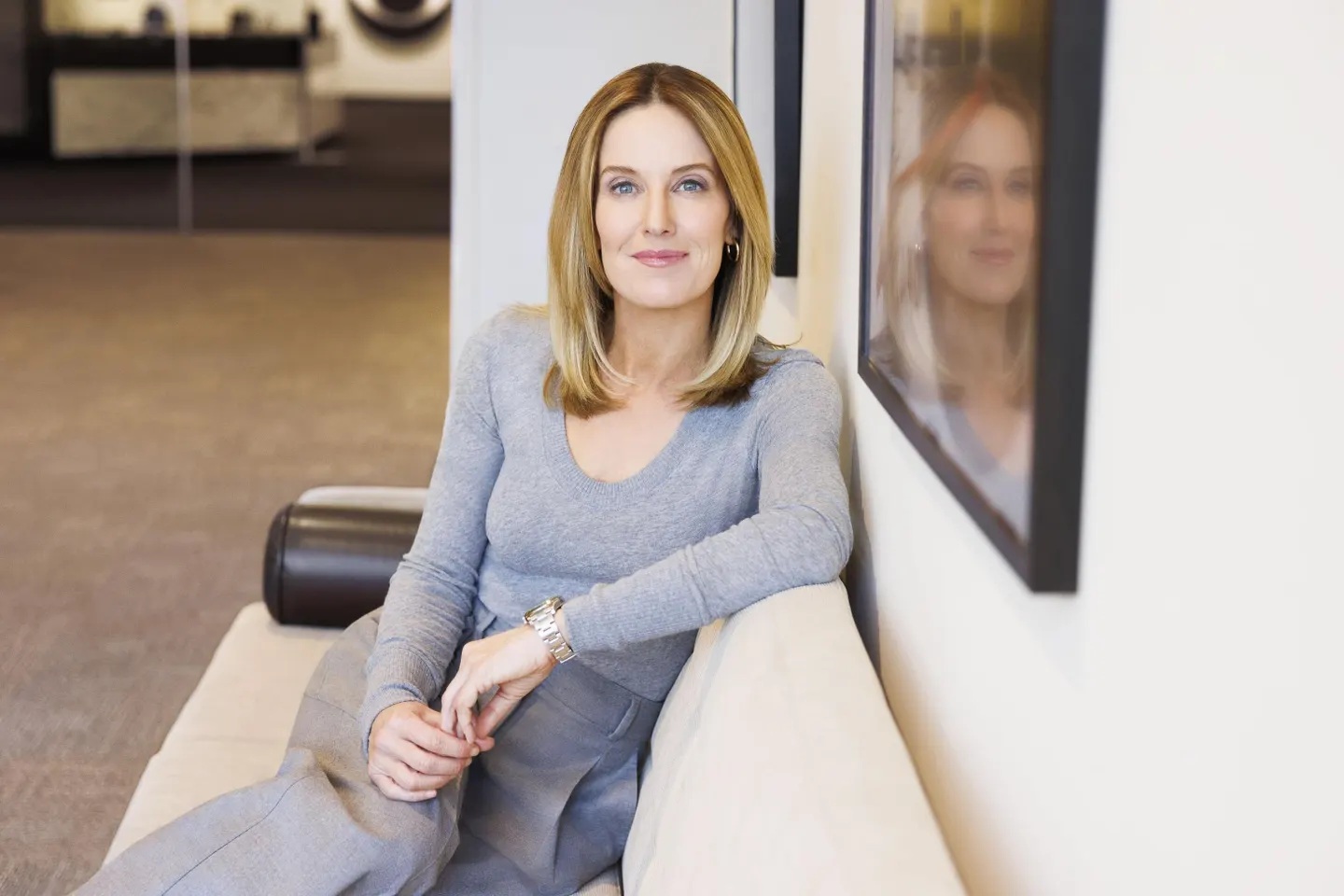
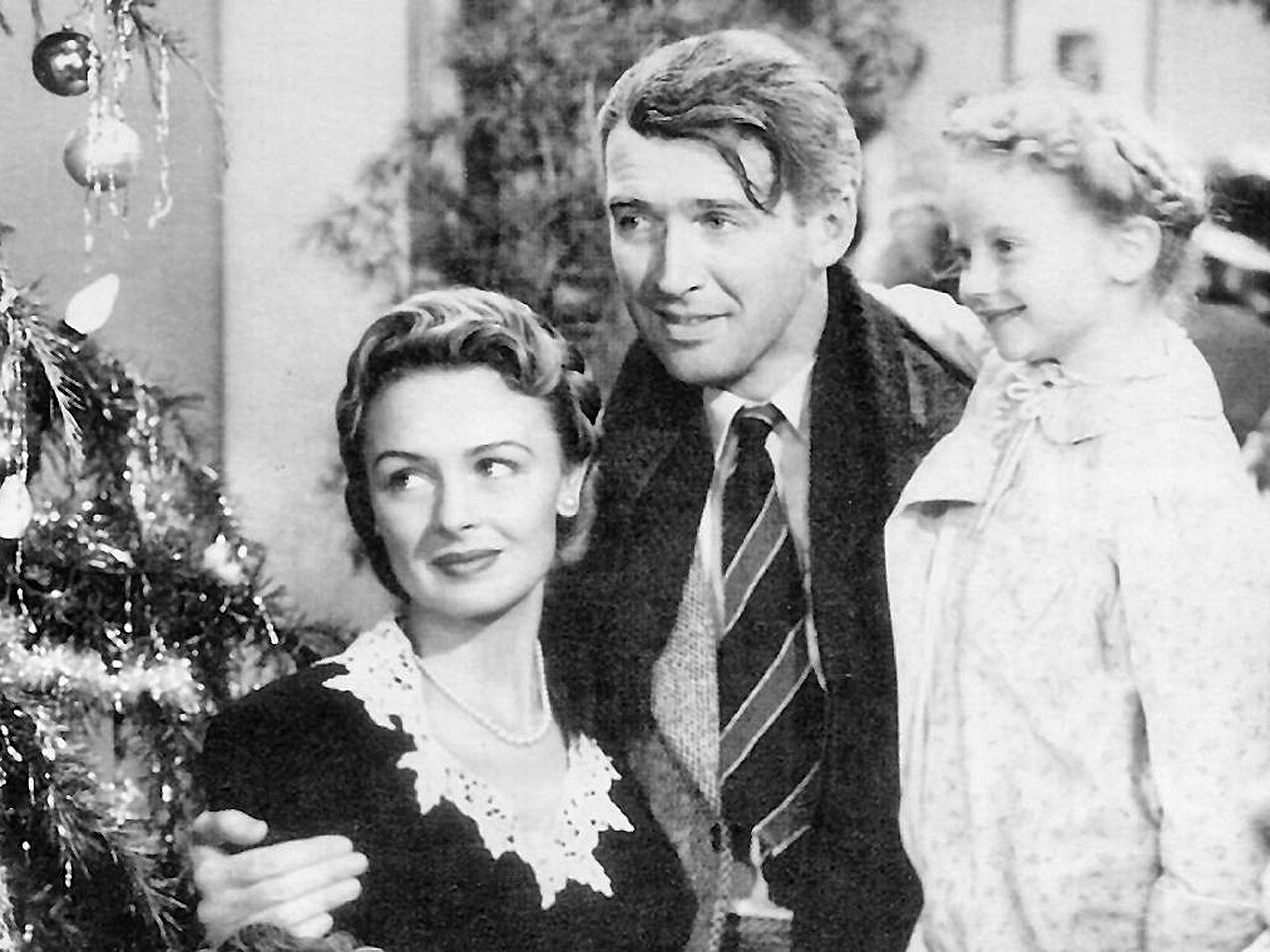


Yes Mr. “Epictetus observes, “It’s not what happens to you, but how you react to it that matters.”
Yes this is quite a challenge. When I go slow and easy and stay in the moment it is better, but I certainly am human…